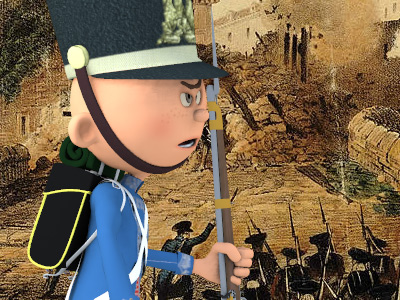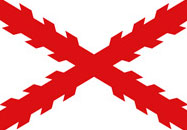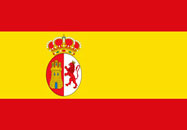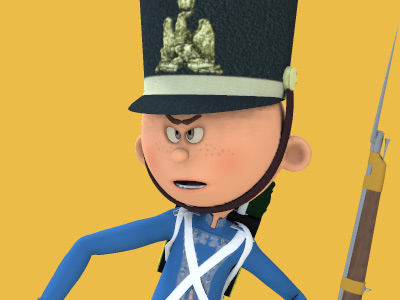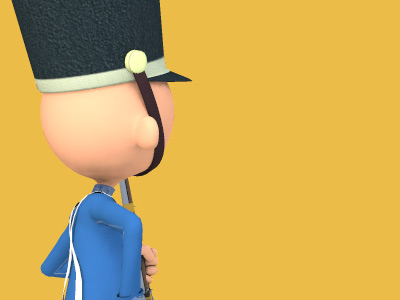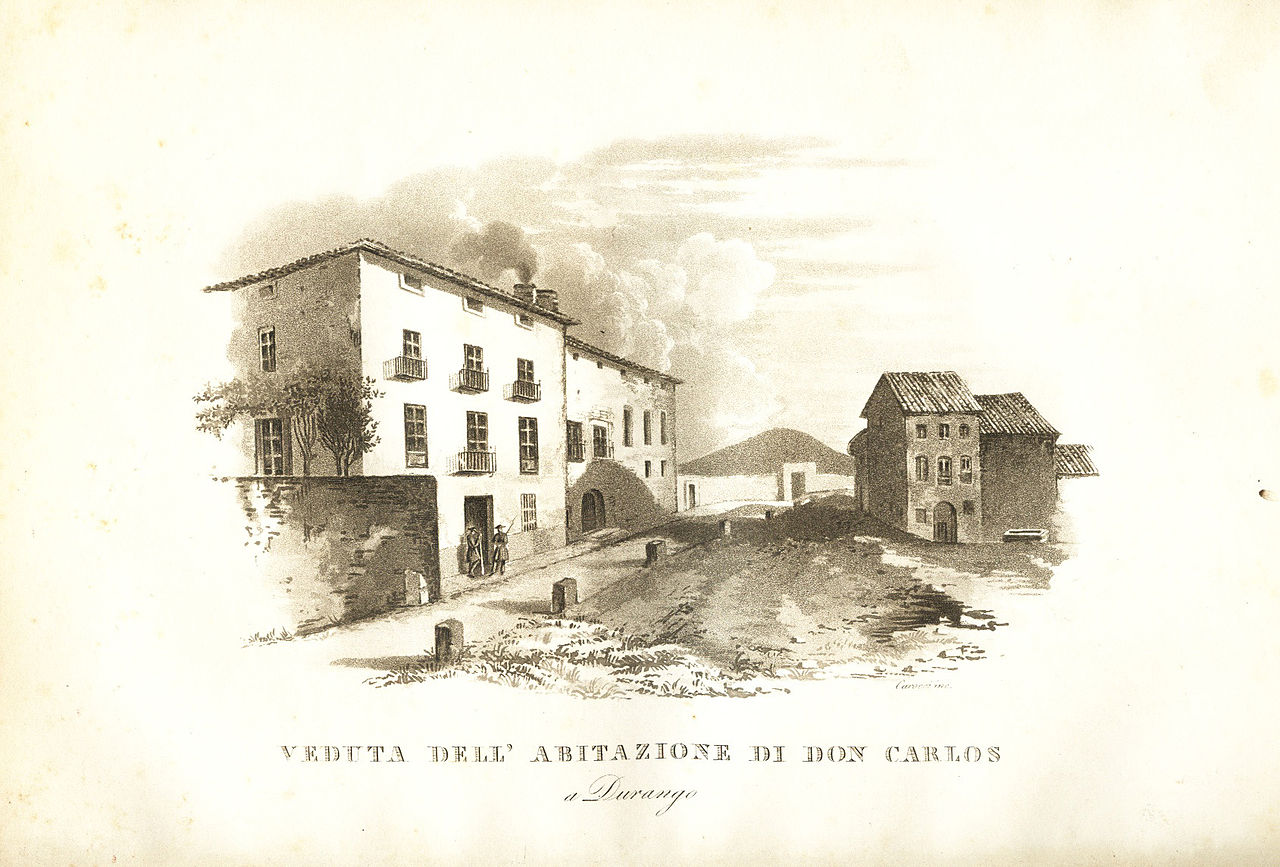First Carlist War (1833 to 1839)
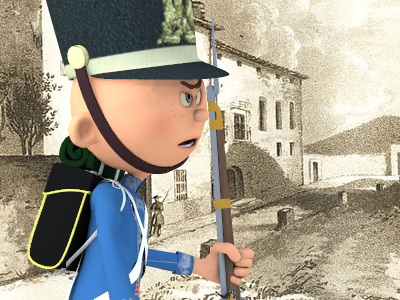
The End of War
After the death of Zumalacárregui in 1835, the Liberals slowly regained the initiative but were not able to win the war in the Basque districts until 1839. They failed to recover the Carlist fortress of Morella and suffered a defeat at the Battle of Maella (1838).
The war effort had taken a heavy toll on Basque economy and regional public finances with a population shaken by a myriad of war related plights—human losses, poverty, disease—and tired with Carlos' own absolutist ambitions and disregard for their self-government. The moderate Jose Antonio Muñagorri negotiated as of 1838 a treaty in Madrid to put an end to war ("Peace and Fueros") leading to the Embrace of Bergara (also Vergara), ratified by Basque moderate liberals and disaffected Carlists across all the main cities and countryside.
The war in the Basque Country ended with the Convenio de Bergara, also known as the Abrazo de Bergara ("the Embrace of Bergara", Bergara in Basque) on 31 August 1839, between the Liberal general Baldomero Espartero, Count of Luchana and the Carlist General Rafael Maroto. Some authors have written that General Maroto was a traitor who forced Carlos to accept the peace with little focus as to the precise context in the Basque Country.
In the east, General Cabrera continued fighting, but when Espartero conquered Morella and Cabrera in Catalonia (30 May 1840), the fate of the Carlists was sealed. Espartero progressed to Berga, and by mid-July 1840 the Carlist troops had to flee to France. Considered a hero, Cabrera returned to Portugal in 1848 for the Second Carlist War.
HISTORY

RESOURCES
This article uses material from the Wikipedia article "First Carlist War", which is released under the Creative Commons Attribution-Share-Alike License 3.0.
© Stories Preschool. All Rights Reserved.
